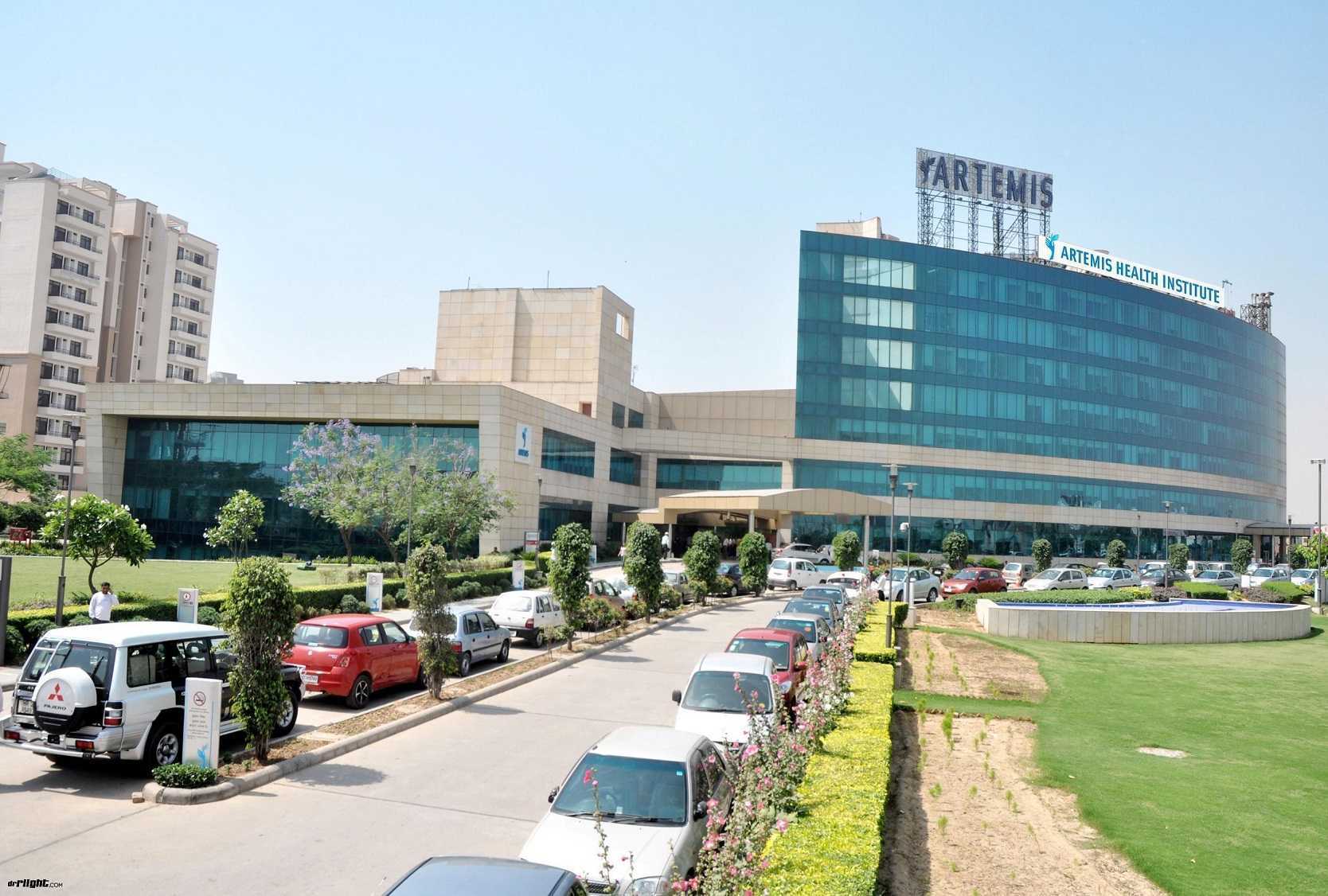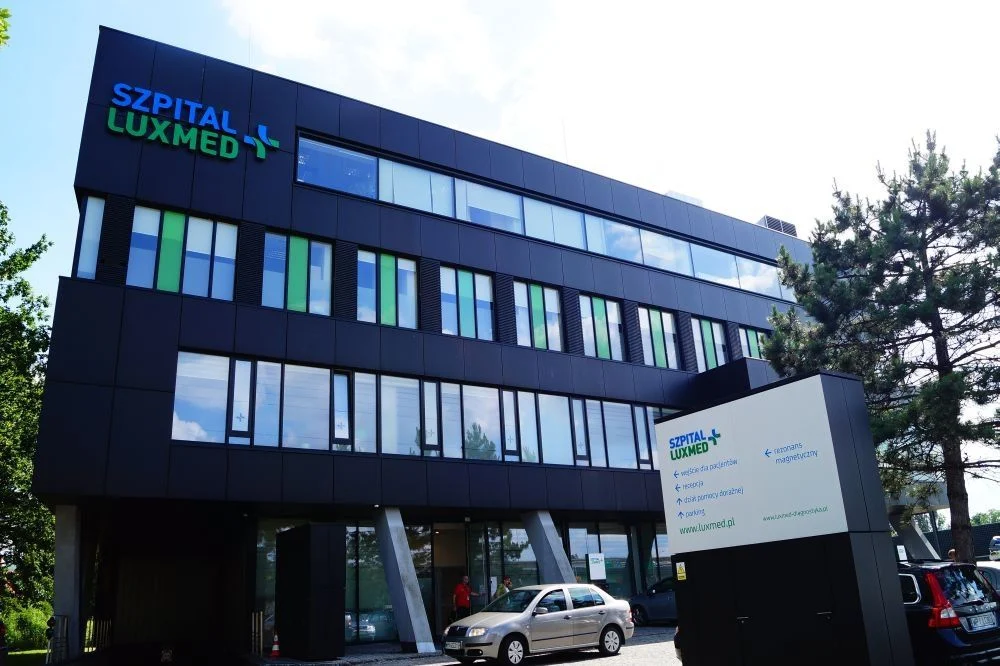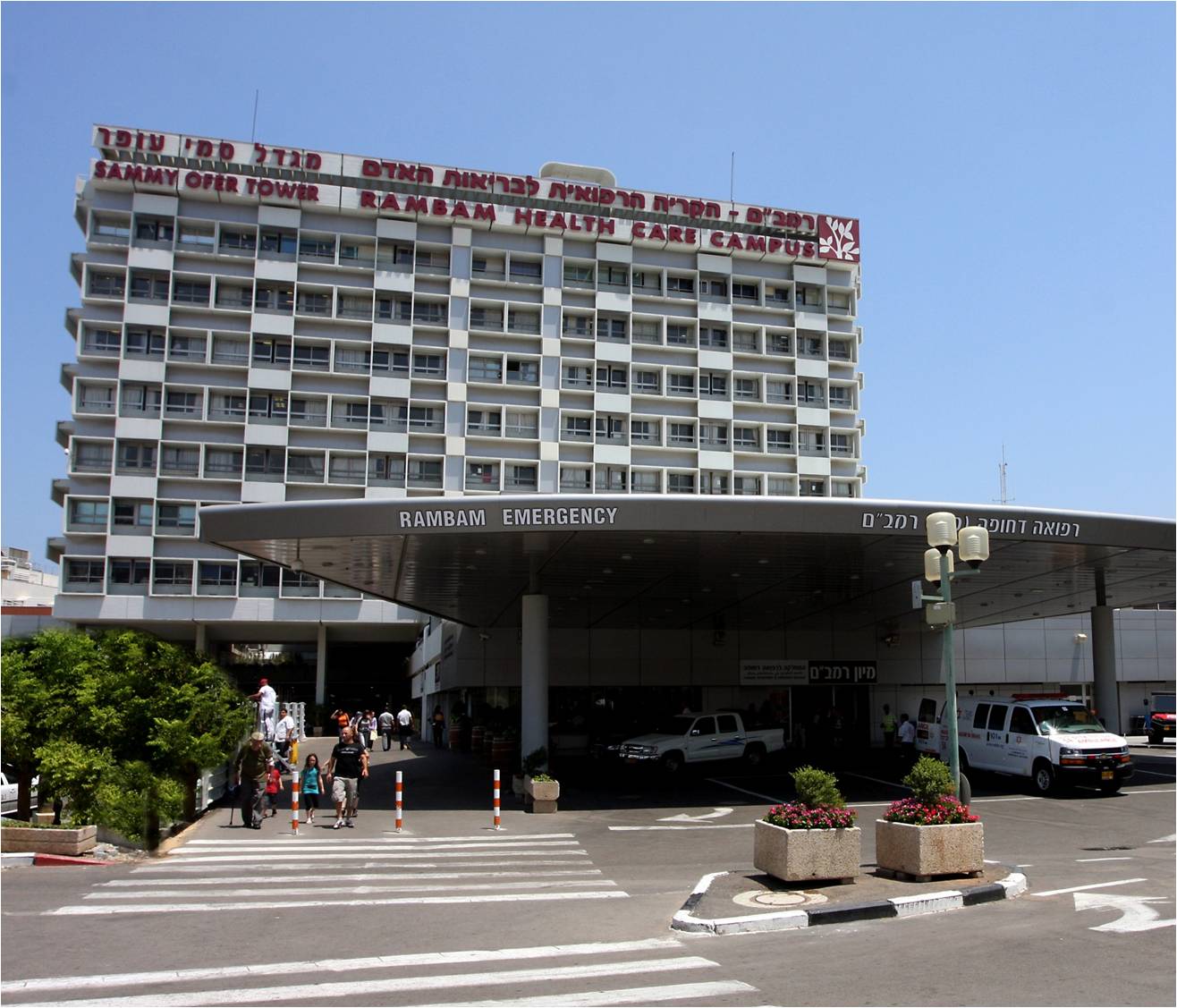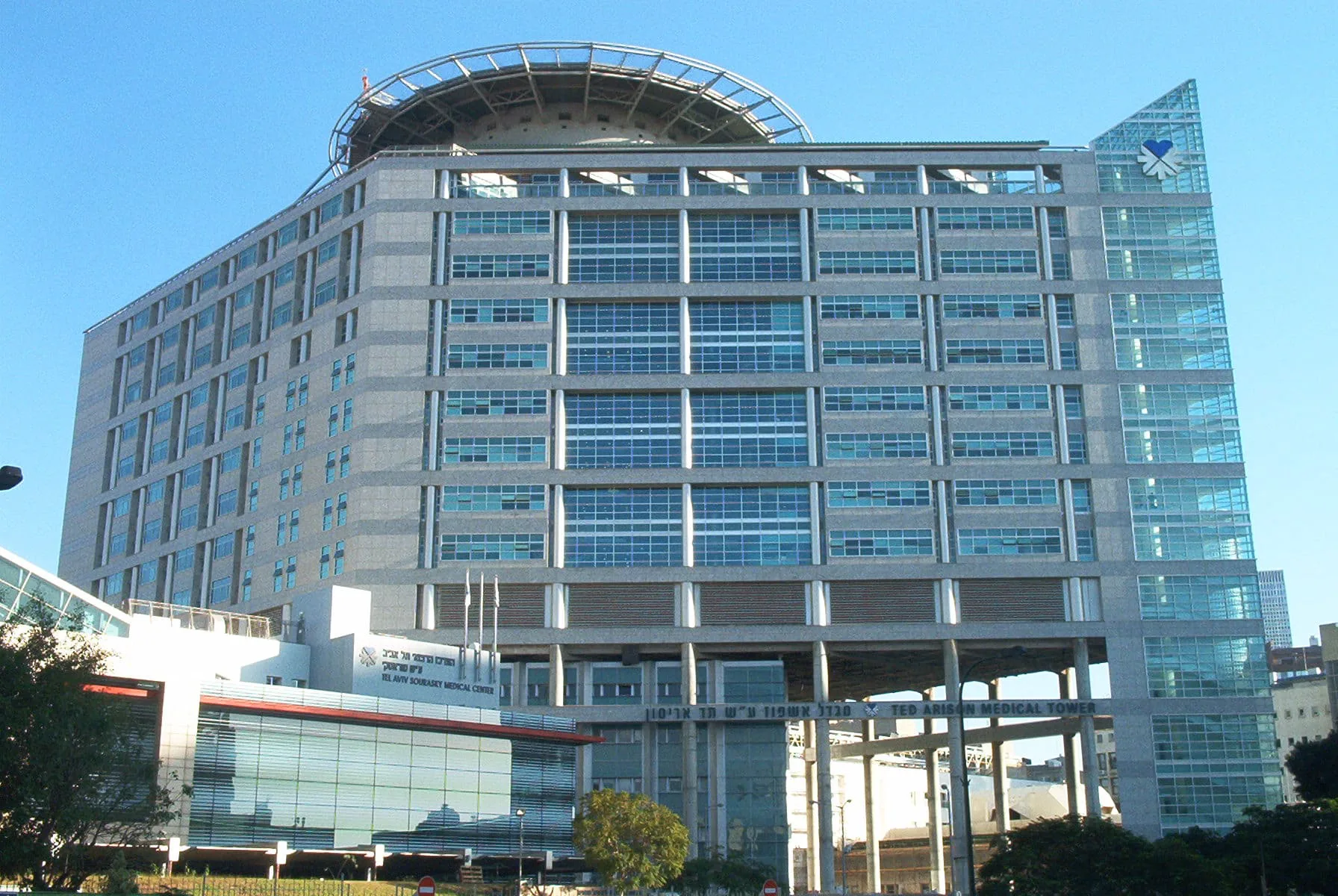Ongoing breakthroughs in heart replacement surgery continue transforming cardiovascular medicine, as well as integrating bio-synthetic innovations, enhanced surgical precision, and AI-driven transplant methodologies. Pioneering research in heart transplant treatments now extends beyond conventional donor-recipient models, reshaping eligibility frameworks and post-operative care protocols.
Latest Heart Transplant Innovations
New advances in heart transplantation focus on regenerative tissue engineering, robotic-assisted procedures, and real-time immunomodulation strategies. Several key innovations shaping the future of transplantation include next-described.
- Artificial Heart Integration – Cutting-edge biohybrid solutions facilitate seamless cardiac support, optimizing heart transplant outcomes for patients awaiting full transplantation.
- Exosome Therapy for Transplant Longevity – Cellular-derived nanovesicles actively reduce rejection probabilities, fostering long-term cardiac stability.
- Genomic Mapping for Transplant Compatibility – AI-powered genetic sequencing enhances eligibility criteria, refining donor selection and compatibility assessments.
- 3D Bioprinting of Cardiac Tissue – Emerging techniques in biofabrication expedite partial organ regeneration, supplementing heart transplant treatments with patient-specific tissue engineering.
Heart Transplant Eligibility Criteria
Determining heart transplant eligibility criteria involves a multifaceted assessment of physiological resilience, cardiac deterioration severity, and systemic health stability. Candidates must exhibit end-stage heart failure unresponsive to conventional interventions while maintaining functional viability in other critical organs. Advanced screening protocols incorporate genomic compatibility profiling, metabolic efficiency analysis, and immunosuppressive adaptability testing to mitigate graft rejection risks. Additionally, psychological readiness, adherence to post-transplant regimens, and long-term rehabilitation potential remain pivotal in final eligibility determinations.
Elite Centers Leading Cardiac Transplantation
Institutions excelling in advanced cardiac transplant centers integrate state-of-the-art surgical expertise with highly specialized post-operative care frameworks. Among the leading centers for cardiac transplantation, the following attributes distinguish elite medical institutions.
- Pioneering Organ Preservation Technologies – Cryogenic and normothermic perfusion techniques prolong donor heart viability.
- AI-Enhanced Rejection Prediction Systems – Predictive analytics refine anti-rejection treatment regimens, optimizing heart transplant outcomes.
- Multidisciplinary Cardiovascular Teams – Specialists across immunology, cardiology, and bioengineering collaborate to elevate heart transplant eligibility criteria and procedural success rates.
The best hospitals for heart transplants leverage cutting-edge methodologies, reducing complications while enhancing survival trajectories. Premier facilities prioritize next-described.
- Minimally Invasive Cardiac Transplant Surgery – Robot-assisted precision techniques minimize recovery durations.
- Tailored Immunosuppressive Therapies – Personalized regimens mitigate transplant-related complications.
- Hybrid Artificial Heart Solutions – Temporary mechanical circulatory assistance facilitates gradual cardiac adaptation post-surgery.
Best Hospitals for Heart Transplants
Finding the best hospitals for heart transplants is crucial for ensuring cutting-edge medical care, advanced surgical expertise, and high survival rates. Leading institutions such as Cleveland Clinic (USA), Royal Papworth Hospital (UK), and Asan Medical Center (South Korea) are renowned for their state-of-the-art transplant programs, innovative post-operative care, and groundbreaking research in cardiac regeneration. These medical centers specialize in precision-matched donor heart transplantation, minimally invasive techniques, and long-term patient monitoring, making them the top choices for those seeking life-saving cardiac procedures with the highest success rates.
Eligibility for Advanced Heart Transplants
Determining eligibility for advanced heart transplants hinges on multiple clinical parameters, including next-described.
- Cardiac Function Metrics – Severe ventricular dysfunction without reversible therapeutic options.
- Comorbidity Analysis – Absence of untreatable secondary organ failure or systemic conditions.
- Post-Operative Adaptability – Psychological and physiological resilience to transplantation demands.
Future of Heart Transplantation
As cardiac medicine advances, future heart transplant treatments will focus on bioengineered solutions, hybrid transplant methodologies, and precision-driven transplant acceptance algorithms. The convergence of AI-driven diagnostics, nanotechnology, and bio-synthetic integration is revolutionizing patient-specific transplantation.
What are the latest advances in heart transplantation?
Recent breakthroughs include AI-powered donor compatibility analysis, bioengineered organ preservation techniques, and precision-based rejection mitigation therapies.
How can I determine if I’m eligible for a heart transplantation?
Heart transplant eligibility criteria depend on cardiac deterioration levels, overall physiological resilience, and the absence of contraindicating systemic conditions.
Where are the most advanced heart transplant surgeries performed?
The best hospitals for heart transplants are leading institutions specializing in robotic-assisted procedures, hybrid artificial heart integration, and AI-driven post-operative monitoring.
How do advanced heart transplant centers differ from traditional programs?
Advanced cardiac transplant centers utilize genomic screening, exosome therapy, and AI-enhanced organ viability assessments, surpassing conventional transplantation methodologies.










